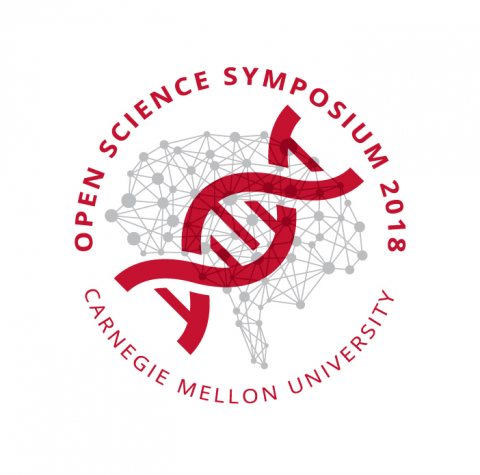Science research output has historically been difficult to access and reuse. It is often published in journals with very expensive subscription costs, typically paid for by university libraries. The data and code used to generate figures in publications are commonly not shared or are only shared by request. These practices have made it difficult for scientists to access, reuse, and reproduce the work of others, and have in part led to a widely reported "reproducibility crisis" in science. A related concern is that the public, which pays for a lot of science research with tax dollars, cannot access much of it.
 In recent years though, a growing open science movement has aimed to make all research products, including data, code, and publications, freely available. Open access publishing, funder and publisher mandates for data sharing, and a quickly growing number of open science tools and platforms are rapidly changing both the practice and dissemination of scientific research.
In recent years though, a growing open science movement has aimed to make all research products, including data, code, and publications, freely available. Open access publishing, funder and publisher mandates for data sharing, and a quickly growing number of open science tools and platforms are rapidly changing both the practice and dissemination of scientific research.
The Open Science Symposium will bring together students and researchers from a wide variety of departments at Carnegie Mellon University (CMU) and University of Pittsburgh to discuss open science. The first day, October 18th, will be a series of panel discussions from researchers, funders, and developers that are working on innovative open science practices and tools, both at CMU and other institutions. There are many benefits to practicing open science, including increased visibility of work, increased citations, and fostering collaboration, and the panelists will share how it has positively impacted their research and careers. They will also discuss the challenges that remain, for example gaps in infrastructure for open science, the time and effort it takes to make work shareable, and a lack of incentive. The additional challenge of a large variety of data types and standards has also led to a slower adoption of data sharing in some fields. By bringing together panelists from a large swath of science disciplines, from physics to human brain imaging, the symposium will encourage an exchange of ideas on what works and how to tackle existing challenges.
In addition to the panel discussions, there will be many opportunities for participants to interact with one another, including coffee breaks and a Scientific Speed Dating event during the reception. By making work more visible and transparent, open science fosters multidisciplinary collaborations. In that spirit, the Scientific Speed Dating event will encourage researchers from different disciplines to informally discuss their work and look for collaboration opportunities.
The second day of the symposium, October 19th, will be a series of hands-on workshops on popular and reliable tools and platforms for practicing open science, including Code Ocean, Bioconductor, ENCODE DCC, PSC (Pittsburgh Supercomputing Center), BenchSci, Protocols.io, and Open Science Framework. Participants can pick and choose workshops to attend. During lunch, there will be a deposit-a-thon for researchers to learn more about and start deposits into KiltHub, CMU's institutional repository. KiltHub can be used by anyone at CMU for sharing finished research products, from datasets to publications. It makes one's work more visible and complies with mandates for sharing from funders and publishers.
CMU's inaugural Open Science Symposium will tap into the growing enthusiasm for open science and bring together students and researchers from different backgrounds to build awareness, support, and innovative ideas for sharing research. Anyone at CMU is welcome to register here. Registration will be open until October 12th but is filling fast.
The Open Science Symposium is a joint event by Mellon College of Science and University Libraries, supported by funding from the DSF Charitable Foundation. It is being organized by Melanie Gainey, Ana Van Gulick, and Huajin Wang of University Libraries and Eric Yttri, assistant professor of Biological Sciences and Center for Neural Basis of Cognition (CNBC).
By Melanie Gainey, Librarian
